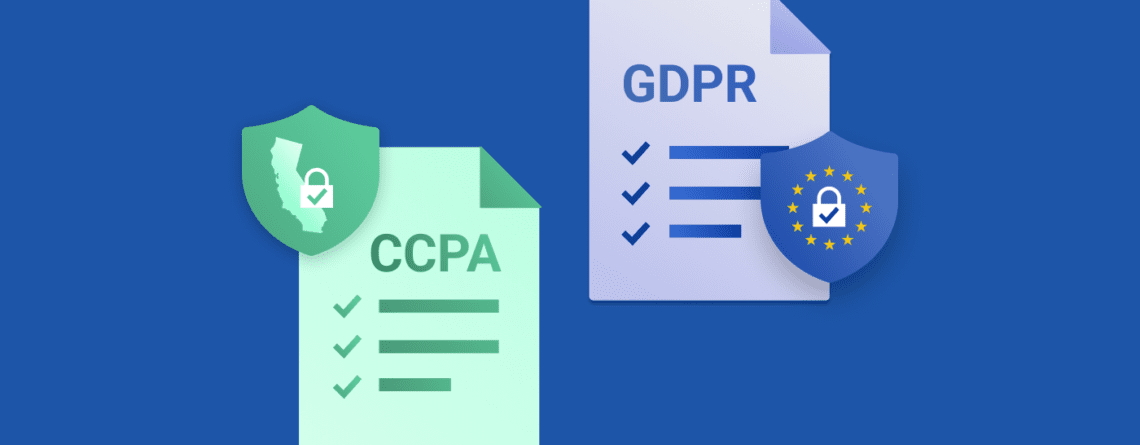Complying with Privacy Regulations
With increasing concern over data privacy and stringent regulations, small businesses face the challenge of navigating complex compliance requirements. Data privacy regulations, such as the General Data Protection Regulation (GDPR) and the California Consumer Privacy Act (CCPA), demand meticulous attention to safeguarding sensitive information. Managed Services have emerged as a pivotal ally for small businesses in ensuring compliance with these regulations. In this article, we will delve into how Managed Services play a crucial role in guiding small businesses towards data privacy compliance and protecting both customer trust and the bottom line.
1. Expertise in Navigating Regulatory Landscape
The landscape of data privacy regulations can be overwhelming, with intricate requirements that vary by jurisdiction. Managed Service providers specialize in understanding the nuances of these regulations, ensuring that small businesses operate within legal boundaries. They stay up-to-date with evolving compliance standards, enabling businesses to adapt their practices and policies accordingly.
2. Implementation of Robust Data Security Measures
Managed Service providers are well-versed in deploying comprehensive data security measures that align with regulatory mandates. From encryption and access controls to vulnerability assessments and threat monitoring, they fortify small businesses’ IT infrastructure against potential breaches. These security measures not only protect sensitive data but also prevent costly penalties resulting from non-compliance.
3. Auditing and Documentation
Achieving and maintaining compliance requires meticulous documentation and auditing. Managed Service providers conduct regular assessments of IT systems, data flows, and security protocols. They generate comprehensive reports that outline areas of compliance strength and weakness, facilitating the implementation of corrective actions and ensuring that small businesses are well-prepared for regulatory audits.
4. Data Protection and Retention Strategies
Data privacy regulations emphasize the need for transparent data protection and retention strategies. Managed Service providers assist small businesses in developing and implementing policies that define how customer data is collected, stored, processed, and retained. These strategies ensure that data privacy principles are upheld throughout the data lifecycle.
5. Employee Training and Awareness
Compliance with data privacy regulations involves more than just technology—it requires a company-wide commitment to data protection. Managed Service providers offer employee training programs to educate staff about the importance of data privacy, proper data handling practices, and the potential consequences of non-compliance. Well-informed employees are critical to maintaining a secure and compliant environment.
6. Rapid Incident Response and Recovery
Despite robust preventive measures, data breaches can still occur. Managed Service providers equip small businesses with efficient incident response plans and rapid recovery strategies. In the event of a breach, they work swiftly to contain the incident, assess the impact, notify affected parties as required by law, and aid in restoring normal operations.
Managed Services have emerged as indispensable partners for small businesses striving to achieve compliance with data privacy regulations. With their expertise in navigating the regulatory landscape, implementation of robust data security measures, auditing and documentation, data protection strategies, employee training, and incident response capabilities, Managed Service providers empower small businesses to uphold data privacy principles while safeguarding customer trust and business continuity. By embracing Managed Services, businesses can confidently navigate the complex world of data privacy compliance and focus on their core competencies, knowing that their data is protected and their compliance efforts are in capable hands.

Leave a Reply